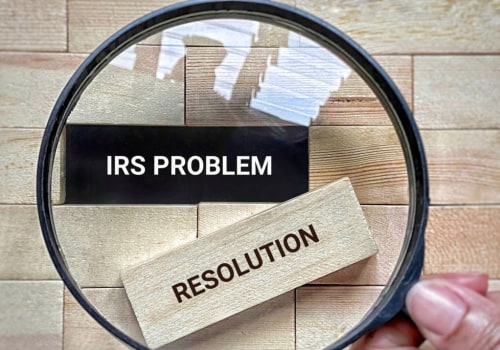Every tax assessment has a collection statute (CSED) expiration date. Section 6502 of the Internal Revenue Code states that the length of the collection period after the assessment of a tax liability is 10 years. The expiration of the collection law ends the government's right to request the collection of liability. In general, the IRS has 10 years after the evaluation date to collect back taxes and tax-related fees, although there are some exceptions.
This 10-year limit is known as the Revenue Act Expiration Date (CSED) and frees tens of thousands of Americans from their tax obligations each year. It has been audited by the Internal Revenue Service (IRS) and it has been determined that it owes money to the government. So, you may be thinking that you are now in debt forever. However, that's not exactly the case.
Although not widely shared by the IRS, every IRS audit tax debt has a collection law expiration date (CSED). Generally speaking, the IRS has 10 years to collect an unpaid tax debt, after which the debt is canceled. Towards the end of the CSED, the IRS tends to be more aggressive in its collection efforts, hoping that the taxpayer will pay as much as possible before the deadline or agree to extend it. Once this 10-year period or statute of limitations has expired, the IRS can no longer attempt to collect the balance owed by the IRS.
The date of your CSED may exceed 10 years from the initial evaluation if the IRS has to suspend collections at any time, which can happen if the IRS is not legally authorized to initiate collection actions against you for any reason. When the ten years have passed, the IRS is required to cancel the debt as a bad debt, essentially forgiving it. Whenever the IRS cannot currently collect any payments from you, and whenever you contact the IRS and wait for them to deliberate on your offer of a payment plan, or OIC, the 10-year period for paying your tax debt is interrupted. The IRS can't prosecute you forever, and because of the IRS Reform and Restructuring Act of 1998, taxpayers are a little relieved by the IRS collection division's quest to get a balance due.
When your tax debt is currently in an uncollectible state, the IRS will review your situation annually and, if your circumstances do not change, your debt will remain in this state until the statute of limitations expires, at which point the IRS will cancel the remaining balance. Yes, in fact, the period of time that the IRS can collect a tax debt is generally limited to ten years, in accordance with the IRS collection statute of limitations. For an assessment of the tax debt on a tax return you filed (or on a substitute return that the IRS prepared on your behalf), this is the date the IRS recorded the amount of your taxes due and you can find it in your tax file.



